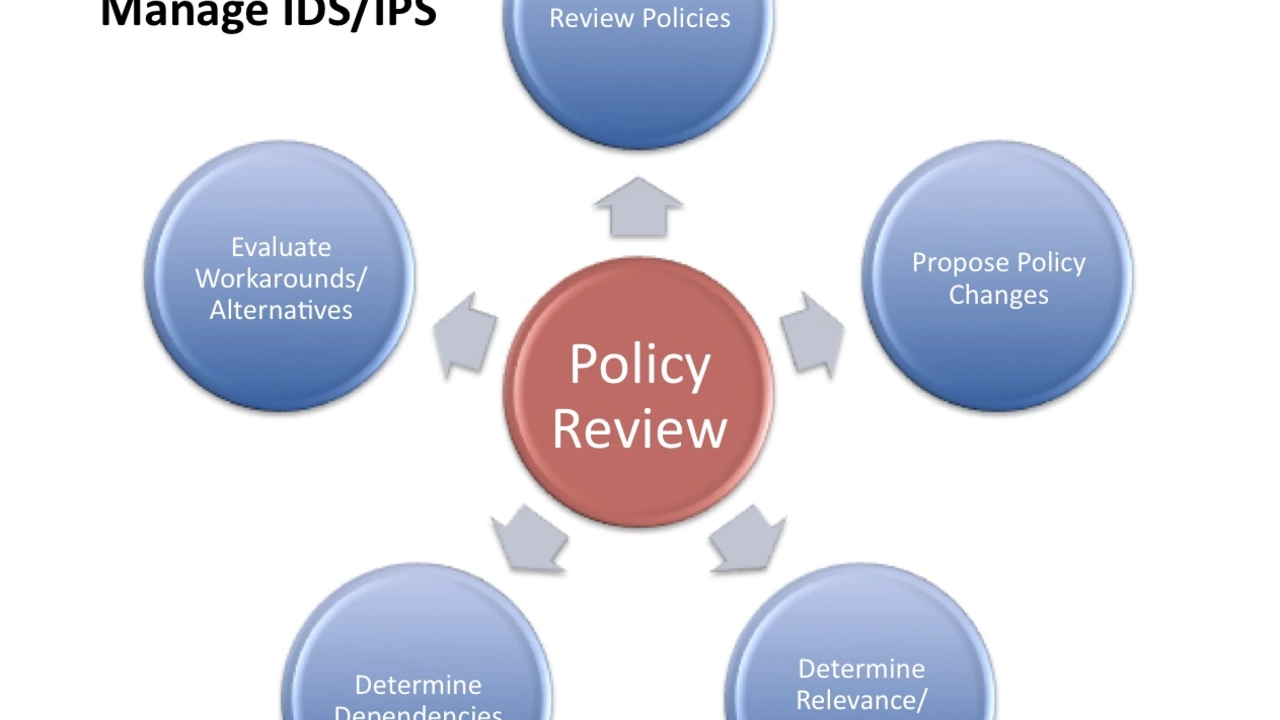Treatment Advocacy: How to Get the Treatment You Actually Need
You’re the expert on how a medicine fits into your life. Treatment advocacy means asking the right questions, tracking what matters, and using every tool—doctors, pharmacists, telemedicine, and trusted resources—to make care safer and more effective. This tag brings together guides on safer drugs, buying meds online, alternatives, and how to press for better options.
How to prepare for conversations with your clinician
Show up with a short, focused plan. List your main symptom, when it started, what makes it better or worse, and any medicines or supplements you already take. Bring dates, doses, and photos if a rash or swelling is involved. Ask two clear questions: “What are the pros and cons of this option?” and “Are there safer alternatives I should consider?”
Use plain language when you talk. Say what you want (fewer side effects, simpler dosing, lower cost) and why it matters for your daily life. If the first answer doesn’t sit right, ask for a second opinion or a pharmacist consult—pharmacists can flag drug interactions and safer substitutes fast.
Practical tools and everyday steps
Keep a one-page health summary you can share at visits or via telemedicine. Include allergies, chronic conditions, current meds, and a short list of treatment goals. Track side effects in a simple notebook or a phone note: date, symptom, severity on a 1–10 scale, and what you did about it. That record helps your doctor see patterns, not just one-off complaints.
When considering online pharmacies or alternatives, follow safety checks: a clear contact address, pharmacist access, valid prescription requirement, and secure payment. Our posts on buying meds online and trusted services explain how to spot scams and where legal options exist. For questions about specific drugs—like safer diabetes meds, blood pressure alternatives, or antibiotic choices—read the focused guides tagged here before deciding.
Be ready to push back calmly. If a drug’s risk doesn’t match your priorities, ask about lower doses, switching classes, or non-drug options like lifestyle changes or supplements that have decent evidence. For chronic conditions, ask for a trial period with a follow-up plan and a clear plan B if side effects show up.
Know your reporting channels. If you have a serious adverse reaction, report it to the relevant regulator in your country or tell your clinician so it’s documented. Join patient groups or forums for lived experience—real stories often reveal issues clinical trials don’t show.
This tag collects practical, step-by-step articles you can use right away: how to talk to clinicians, where to safely buy meds online, alternatives to common drugs, and when to seek specialist care. Read a few posts, take notes, and bring your plan to your next appointment—you’ll get better answers when you come prepared.

